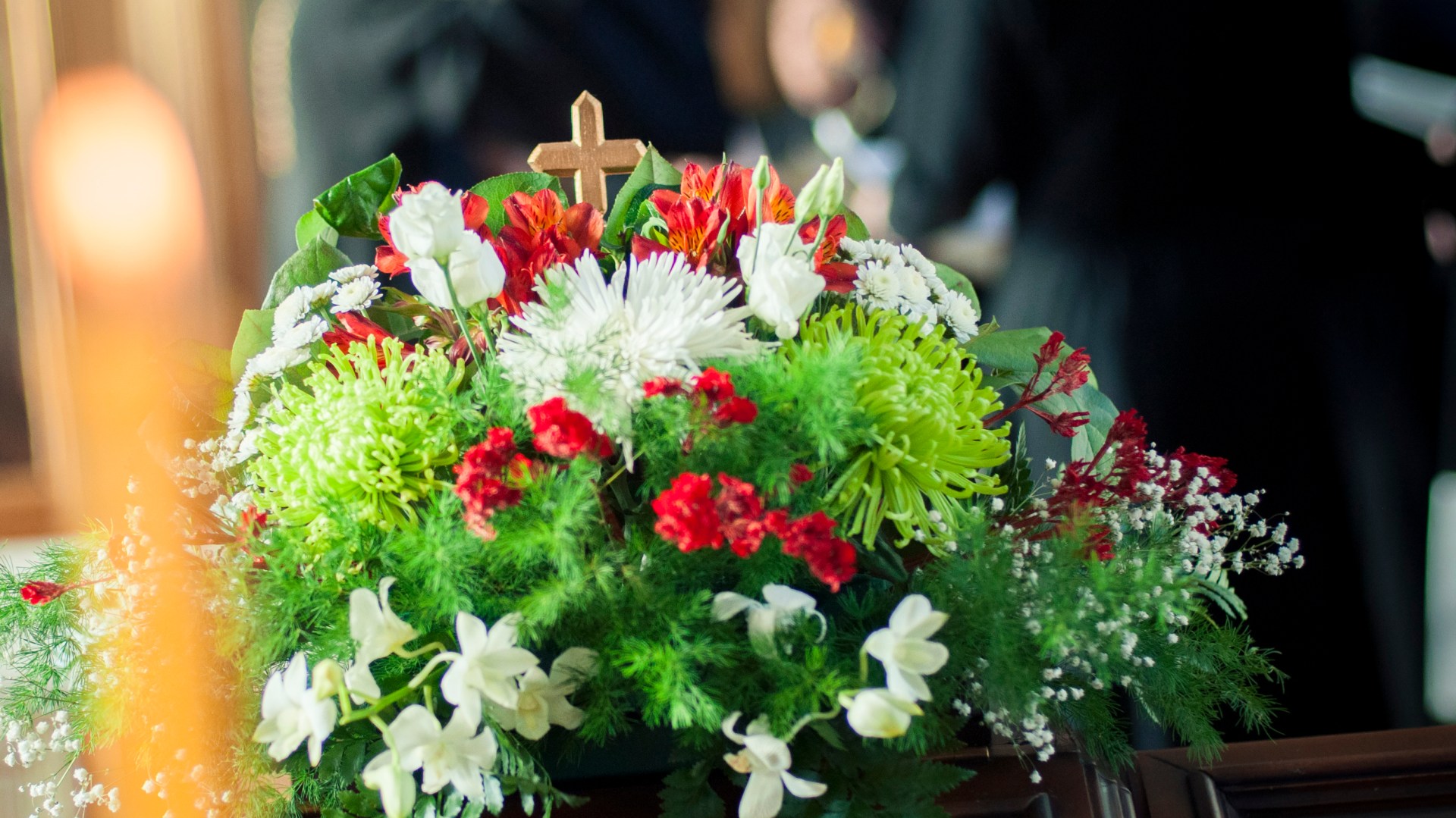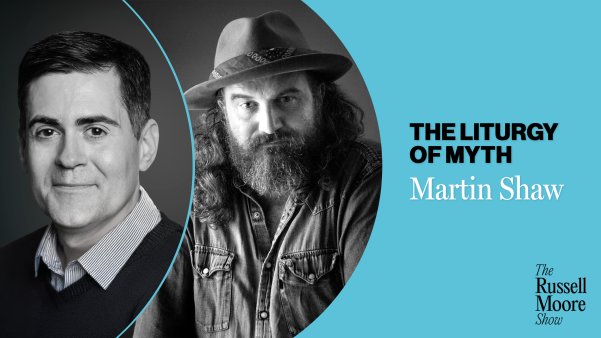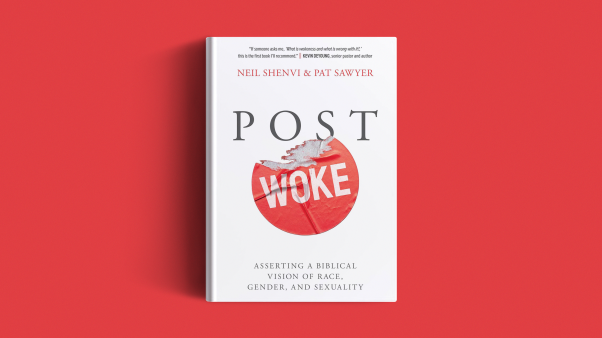One of the advantages of my job is that I get paid to look up stuff I always wanted to know. Like now that it's Holy Week, I've often wondered why we call Resurrection Sunday "Easter."
When I was growing up in Phoenix, my parents used my school spring breaks (which then always coincided with Holy Week) to visit relatives. Usually, that meant a trip out to the Chicago area to visit my grandmother, Esther Olsen. For years, I was sure that Easter and Esther were inexorably linked together (though I didn't use the word inexorably).
It didn't take long to figure out that Easter has nothing to do with Grandma Esther (for one thing, I knew more people celebrated Easter than were meeting at Grandma's house; and for another, we spent a few of those spring breaks at Grandma Lois's place). Still, every year I wonder: If it's not named for Grandma, why do we call it Easter?
The fact of the matter is no one knows for sure, but our best bet comes from Bede ("The Venerable"), a late-seventh-century historian and scholar from Anglo-Saxon England. He says Easter's name comes from the Anglo-Saxon goddess Eostre, associated with spring and fertility, and celebrated around the vernal equinox. So there you go. As Christmas was moved to coincide with (and supplant) the pagan celebration of winter, Easter was likely moved to coincide and replace the pagan celebration of spring.
And while we're at it, the Easter Bunny comes from these pagan rites of spring as well, but more from pagan Germany than pagan Britain. Eighteenth-century German settlers brought "Oschter Haws" (never knew he had a name, did you?) to America, where Pennsylvania Dutch settlers prepared nests for him in the garden or barn. On Easter Eve, the rabbit laid his colored eggs in the nests in payment. In Germany, old Oschter lays red eggs on Maundy Thursday. If anyone knows why children in an agrarian society would believe a rabbit lays eggs, please tell us or a historian near you. We're all dying to know.
But enough of the pagan side of Easter. You want to know about Christian history:
Thursday commemorates the Last Supper of Jesus, getting its name from the Latin translation of Jesus' saying that evening, "A new commandment I give to you" Mandatum novum do vobis. It is marked by foot washing and the blessing of the oils. But in various parts of the world, it has other traditions as well. The German word "to mourn" (grun) is very similar to the word for green (grÜn). So in Austria, Hungary, and much of Germany, today is GrÜndonnerstag: a day to eat spinach and green salad. This is not the only reason for eating greens: Passover is celebrated with karpas (a green vegetable, usually parsley) and bitter herbs. In old England, men used to shave their beards on Maundy Thursday, as this was a time to cleanse the body as well as the soul to prepare for Easter.
Friday, of course, is Good Friday. (The Orthodox call it Great Friday, but they're not celebrating Holy week until next week.) A strange day, Good Friday. Christians commemorate Jesus' death and call it "Good." It used to be that Good Friday was observed even more than Easter, but for a while Protestants ignored it. Oh and by the way, hot cross buns are a Christianized pagan custom, too—from the Eostre celebrations. On one Good Friday, a nineteenth-century missionary to Bermuda had difficulty explaining the ascension of Jesus, so he launched a kite with an image of Jesus on it and cut the string. Kite-flying is now a Bermuda Good Friday tradition.
Another Bermuda fact: it's where Easter lilies came from. They were brought to America from the island in the 1880s (and, for once, not a Christianized pagan symbol). They're now associated with Easter because it grows from a bulb that is "buried" and "reborn." So this Easter, consider the lilies. And what they represent.
By the way, if you're interested in the origins, histories, and customs of various holidays, be sure to check out the book Holiday Symbols (Omnigraphics, 1998), edited by Sue Ellen Thompson.









